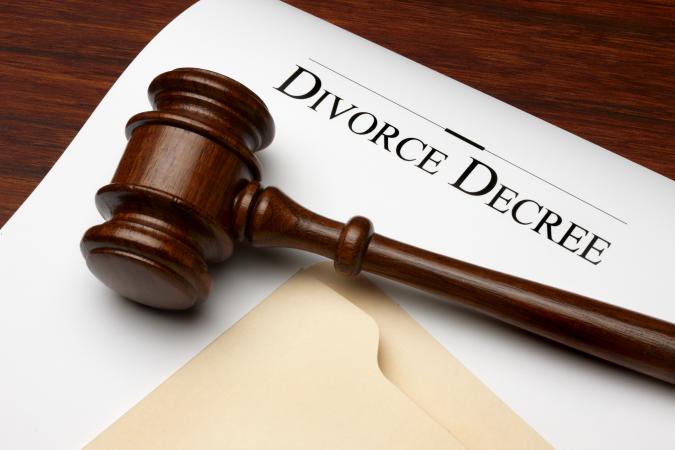A divorce is an emotional and trying time, it may be difficult to know what your rights are. As attorneys with years of experience in this field, we want everyone to know more about the process of divorce and how their assets are distributed during the dissolution of a marriage. The idea of Equitable Distribution, which is a short hand for the distribution of marital assets, attempts to add some fairness during an arduous process. It breaks down the relationship into quantifiable pieces to be weighed by the judge and balanced to make both parties as equal as possible.
A trial court judge will attempt to separate the assets through 16 different factors included in N.J.S.A. 2A:34-23.1. A judge’s focus shouldn’t be on a just one factor, but on the overall picture each helps create. Every divorce is unique, and the unique needs of the parties must be taken into account. The court judge is given a wide swath of power and discretion when distributing the assets.
Some of the factors are fairly obvious including duration of the marriage and age of those seeking the dissolution. Do either of the parties suffer from a serious mental or physical ailment, is a question that will be asked. What the standard of living was during the relationship will be discussed. These questions and others like them help to paint a picture of the each partner’s contributions in the relationship and how that might be reflected in the property and asset management.
The court will take into consideration the amount of wealth being brought into the marriage, and the economic circumstances for both parties during the dissolution. Perhaps when first married a couple has equal economic standing but recently one has lost their position and does not have a significant training background or large high enough experience level to quickly find a new position that would equal the monetary contributions they were previously putting into the relationship.
These are only a few of the pieces that make up what it is to judge on equitable distribution. In the end it’s a combination of all 16 factors and a fair amount of compromise on both parties part. If you have any questions about Equitable Distribution please feel free to ask our attorneys.
If you are seeking to find an attorney with significant divorce experience or for any other family law inquiries call today for a free consultation 800-709-1131 or fill out a contact form on our website for a no-cost consultation. We hope to hear from you today!



